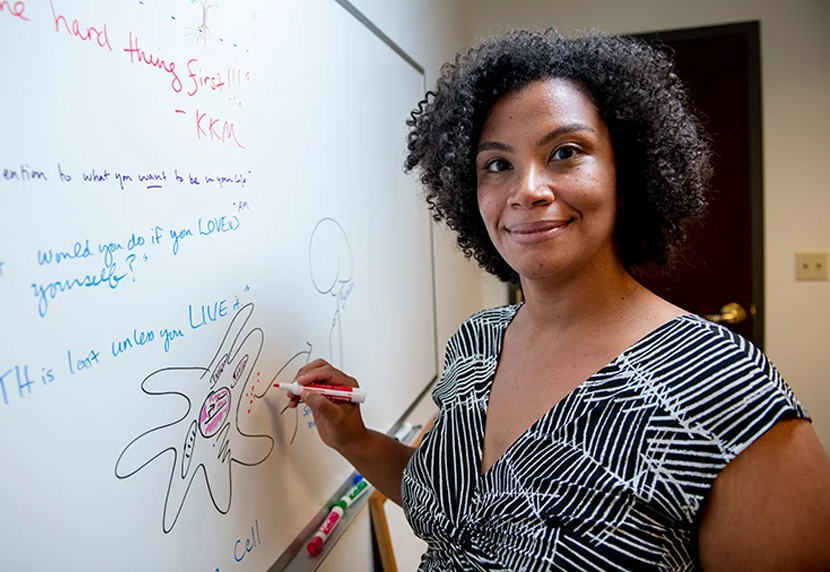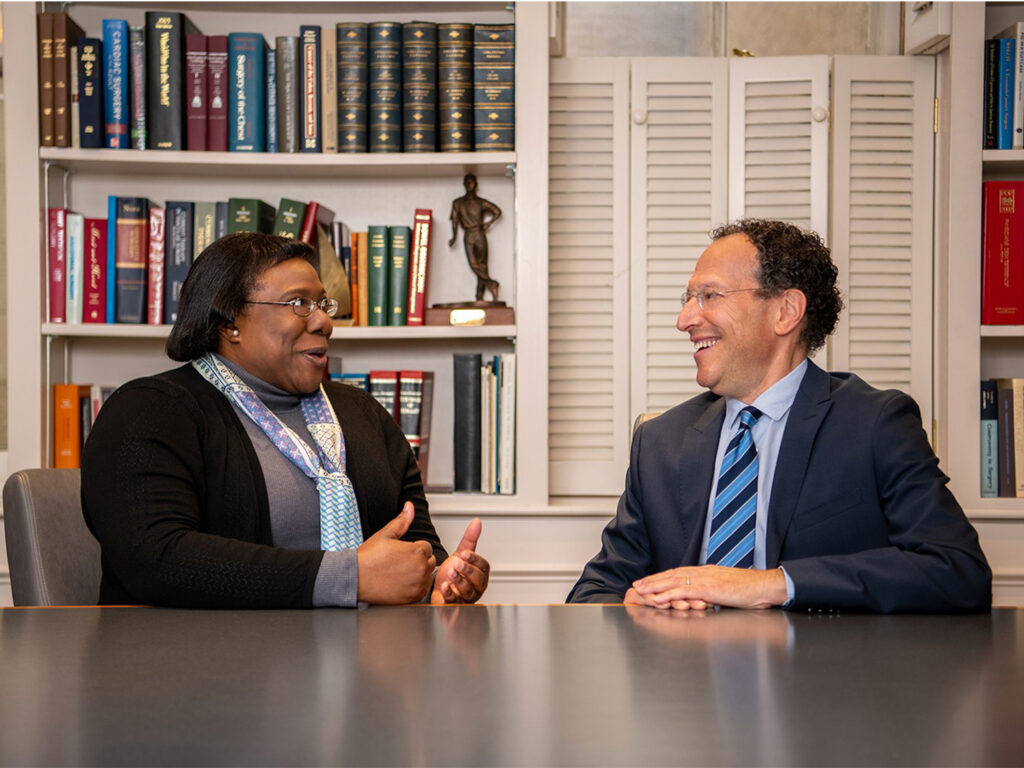Addiction to drugs and alcohol continues to be one of the most pressing and complex public health challenges of our time, says clinical psychologist and noted addiction expert John F. Kelly, PhD. But in the midst of an unparalleled crisis, Dr. Kelly maintains optimism that stable and long-term recovery from addiction is possible and that rates of recovery can improve through rigorous scientific research and public education.
Working Towards Long-Term Recovery Nation-Wide
That hopeful commitment is what led Dr. Kelly to establish the Recovery Research Institute, or RRI, at Massachusetts General Hospital in 2012. “Dr. Kelly has dedicated his life’s work to helping individuals in need achieve long-term recovery locally, in Boston, as well as nationally and internationally,” said the National Council for Mental Wellbeing when it awarded its Lifetime Achievement Award earlier this year. “He has had — and continues to have — a profound impact in and beyond health care.”
Celebrating its 10th anniversary this year, RRI is one of the country’s most respected and trusted resources on addiction issues. Its mission is to conduct research but also to educate and disseminate accurate, up-to-date information to individuals, families, health care professionals and policymakers.
U.S. President Joe Biden, for example, recently cited in a State of the Union speech that 23 million Americans are in recovery from addiction. “That is an RRI statistic that comes from our own National Recovery Study, a product of our scientific inquiry,” Dr. Kelly notes. Reflecting on the ten years of RRI, and the half century since the federal government launched the “War on Drugs,” Dr. Kelly says that the field has achieved considerable success with acute treatment strategies.
Today, the emphasis has shifted to how to achieve sustained remission and recovery. “What do we do after the initial 12-weeks of treatment? Where do we go then?” Dr. Kelly asks. RRI, he adds, has been at the forefront of conducting dozens of studies of recovery to discover what kind of services and supports are needed in the long-term.
Addressing Addiction Where it Starts
As it enters its second decade, RRI has an additional focus — addressing addiction in young people. Approximately 90% of addicted adults begin using alcohol or other drugs before age 18, and 50% before age 15. Dr. Kelly and his colleagues believe that early detection and intervention among youth are key to reducing the overall clinical, public health and economic burden of addiction.
“We need to find out why kids are turning to mind-altering substances,” Dr. Kelly says. “How can we build resiliency and prevent them from becoming addicted in the first place? How can we engage them and help them sooner when they get into trouble with alcohol or other drugs?” Thanks to the generous support of the Peter and Elizabeth C. Tower Foundation, Dr. Kelly, under the auspices of RRI, is launching the National Center of Excellence for Youth Treatment and Recovery this fall.
His ambitious plans for the Center include a web-based, state-by-state Youth Recovery Resource Map of local recovery services and organizations; a monthly email bulletin that translates the latest research for clinicians, researchers and policy makers; a website on youth treatment and recovery with resources for families; and an annual national conference. A major focus of the Center will be “reinvigorating” youth recovery science.
“Despite significant gains in our knowledge of empirically based treatments for addressing youth substance use disorder, very few young people are interested in engaging or staying in treatment, Dr. Kelly notes. “We need to think outside of the box. We need to be more innovative and more radical.”
To support or learn more about the Recovery Research Institute, please contact us.





